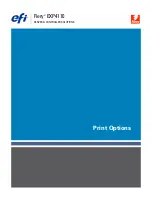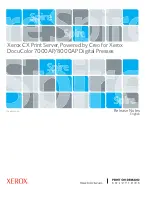
# p11tool2 Login=ADMIN,:cs2:cyb:USB0 slot=0 InitToken=123456
# p11tool2 slot=0 LoginSO=123456 InitPin=utimaco123
Here the
InitPin
parameter determines the PKCS#11 user pin of a slot. This pin will be used later in
this document for the PKCS#11 user authentication.
4.3 Patch and Build OpenSSL
Building OpenSSL from source code will enable PKCS#11 support. As BIND uses OpenSSL for its
cryptographic operations BIND will also be able to use PKCS#11 as cryptographic interface. The
source code of OpenSSL needs to be patched to enable OpenSSL to interface with PKCS#11. The
patch is bundled with the BIND source code. Download and extract the sources for
OpenSSL
2
and
Bind 9
3
first.
4.3.1 Linux
1. Apply the patch
• Bind 9.7.2
./bind-9.7.2-P3/bin/pkcs11/openssl-0.9.8l-patch
to OpenSSL by switching to the
OpenSSL directory and running the command
# patch -p1 < path-to/openssl-0.9.8l-patch
• Bind 9.10.2
./bind-9.10.2-P1/bin/pkcs11/openssl-1.0.1j-patch
to OpenSSL by switching to
the OpenSSL directory and running the command
# patch -p1 < path-to/openssl-1.0.1j-patch
2. Configure OpenSSL on 32 bit machine
# ./Configure linux-generic32 -m32 -pthread \
--pk11-libname=/usr/lib/cryptoserver/libcs2_pkcsll.so \
--pk11-flavor=crypto-accelerator \
--prefix=/opt/openssl-p11
2
OpenSSL - http://www.openssl.org/source/
3
Bind 9 - http://www.isc.org/software/bind
Page 9
Summary of Contents for Bind 9
Page 1: ...Integration Guide Bind 9 Linux 3 19 Microsoft Windows Server 2008...
Page 17: ...Page 17...
Page 18: ...Integration Guide Bind 9 Page 18...
Page 19: ...Page 19...






































